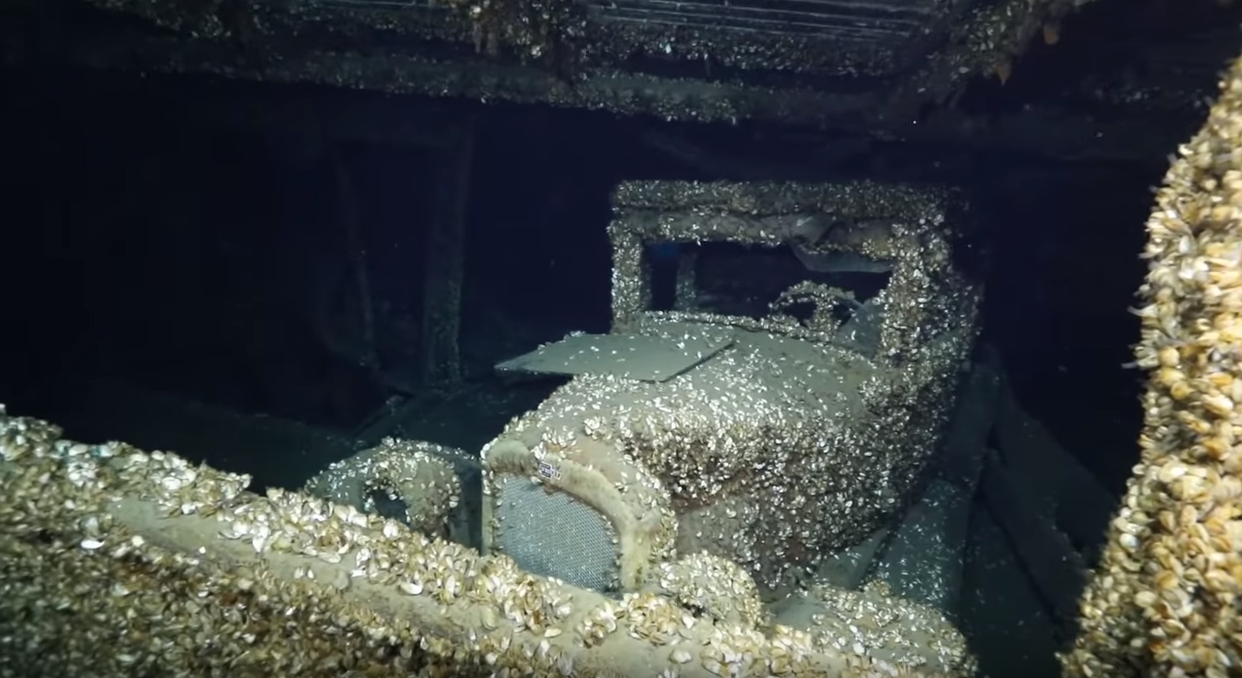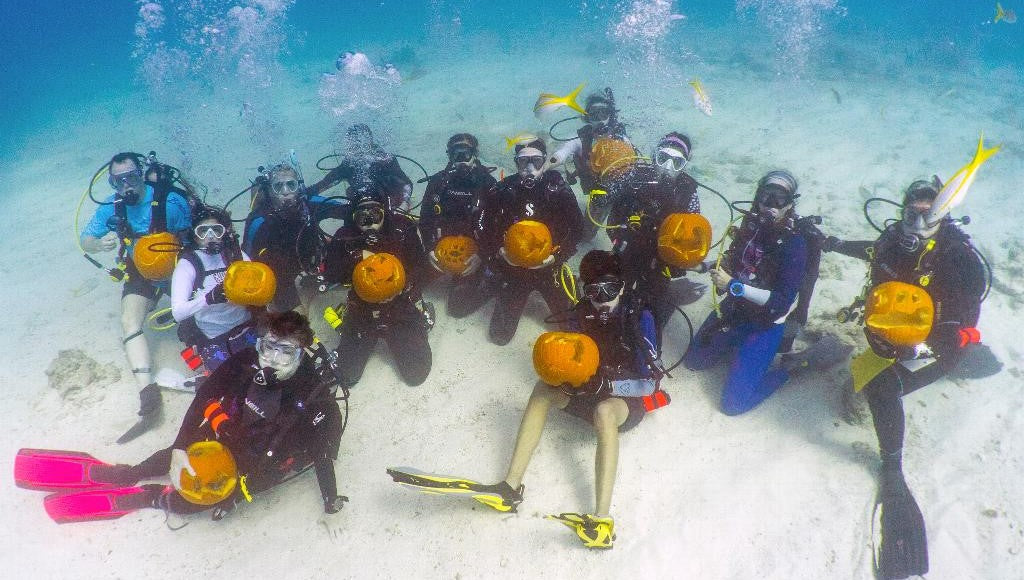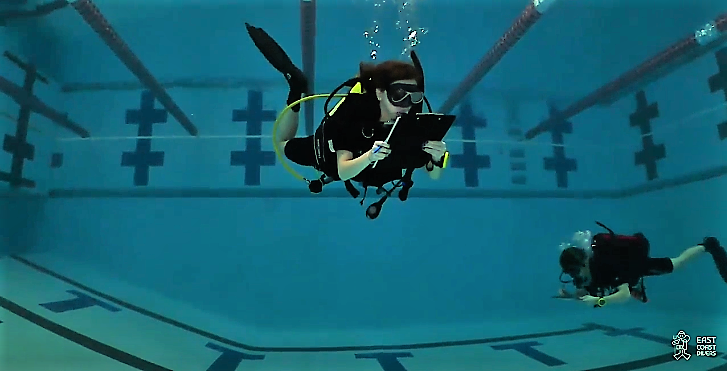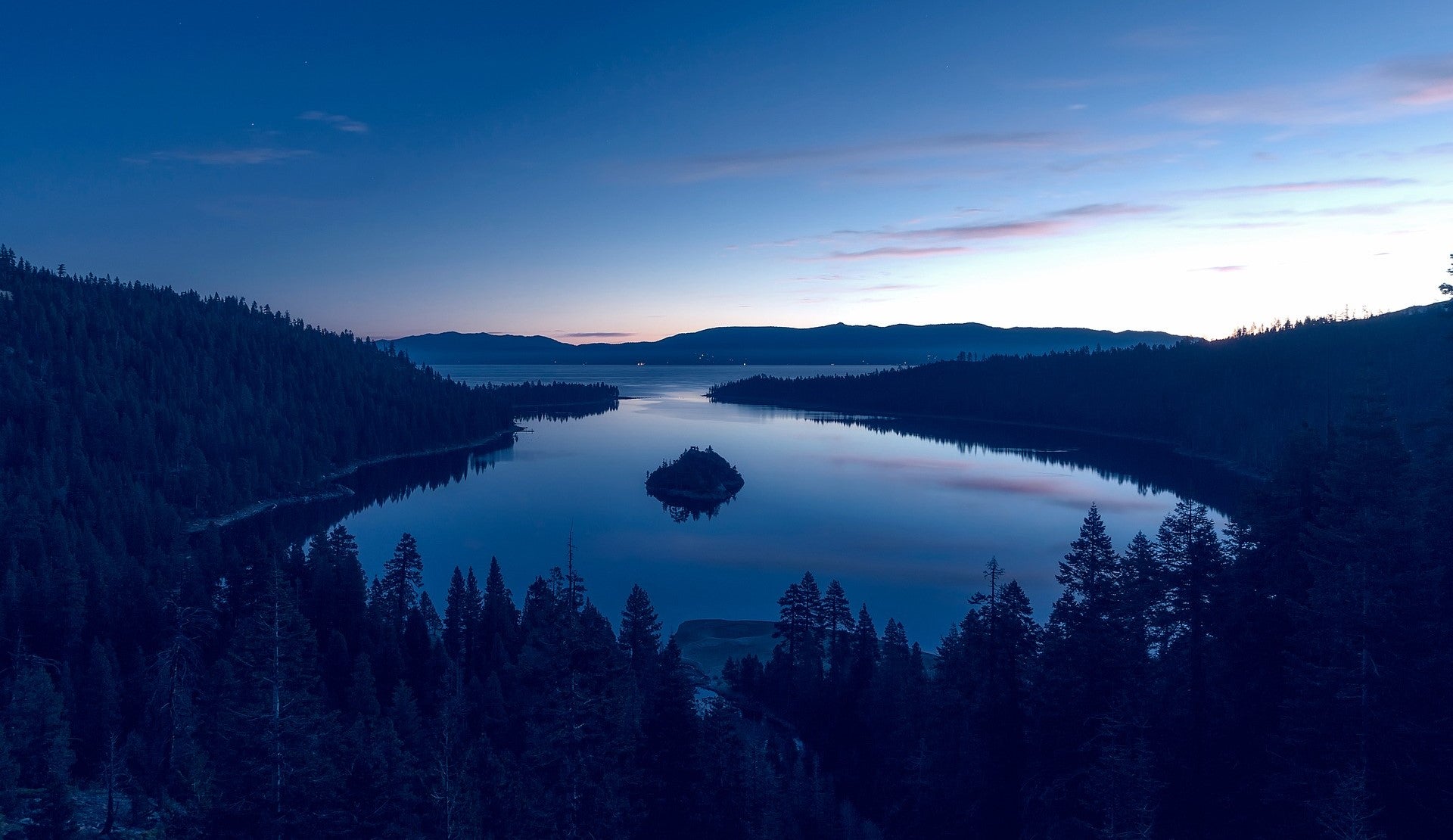3D Ocean Farming - a New Way to Feed Humanity And Help the Environment

Afew weeks ago we have already discussed the topic of growing food underwater. Specifically, we have looked at the futuristic project designed to cultivate terrestrial crops in the sea, Nemo’s Garden. In case you have missed that article, you can find it here. Today we have decided to talk about another project exploring the potential of underwater farming - vertical gardens beneath the waves.
According to the project’s creator, entrepreneur Bren Smith, small-scale marine farms like his can make a huge positive impact on the environment and economy. After seeing his livelihood vanish as a result of overfishing and losing nearly all of his shellfish harvest due to hurricanes, Smith had realized that the traditional methods of aquaculture didn’t work anymore. There was a need for a new effective and sustainable strategy, so he designed a technique called “3D ocean farming.”
Farming the Sea: why eating kelp is good for you and good for the environment from Patrick Mustain on Vimeo.
The system utilizes an entire water column to grow restorative species such as scallops, clams, oysters, and kelp. Kelp and mussels grow on ropes floating above oyster and clam cages located at the bottom of the sea. The whole setup is anchored to hurricane-proof floats. Although the system is pretty simple, it is capable of truly impressive yields. Smith’s farm, located in the Long Island Sound, has the capacity to grow 20 tons of sea vegetables and 500,000 shellfish per acre every year.
Another notable feature of 3D ocean farming is that it requires no pesticides, fertilizers or fresh water. Therefore, it is the most sustainable form of food production on the planet up to date. The main challenge, however, is not growing kelp but selling the idea of sea vegetables as food. Not all people are ready to experiment with kelp-based dishes and many don’t find them particularly tasty. What needs to be known though, is that kelp is chock full of nutrients. It contains more protein and iron than red meat and more calcium than milk. What’s more, in order to popularize kelp consumption Smith went as far as hiring professional chefs, tasking them with creating new kelp-based dishes. So, hopefully, we’ll soon see a variety of delicious, healthy and sustainable kelp-based dishes on restaurant menus.

Aside from being a great source of nutrients for humans, kelp can be used as biofuel. As Bren’s website states, “according to the U.S. Department of Energy, a network of (3D ocean) farms totaling an area half the size of Maine could grow enough biofuel to replace all of the oil used in the U.S.”
Last but not least, vertical underwater gardens, created by Bren Smith are actually good for the environment. Kelp scrubs nitrogen and phosphorous from the water, helping to protect ocean ecosystems. It also soaks up more carbon than any land-based plant, thus keeping surrounding waters safe for shellfish and other vulnerable creatures. Smith’s farms serve as sanctuaries for crab, shrimp and provide a safe harbor from algae blooms and resulting low-oxygen dead zones that form after their decomposition.
With so many applications, 3D ocean farming seems to have a promising future, and Smith thinks people should take note. He believes that anyone with 20 acres of ocean, a boat, and $20,000 can start his own 3D farm. In order to involve more people with the project he founded the nonprofit organization called GreenWave. Through this organization, Smith aims to train aspiring ocean farmers and help them access financial grants, seed, and gear. Notably, GreenWave offers to purchase 80 percent of what new farmers produce at triple the market rate for their first five years.
So, would you consider getting on board of a 3D ocean farm startup? How about switching to a kelp-mussels-oyster diet to help the planet? Please share your thoughts on the topic in the comments below.




